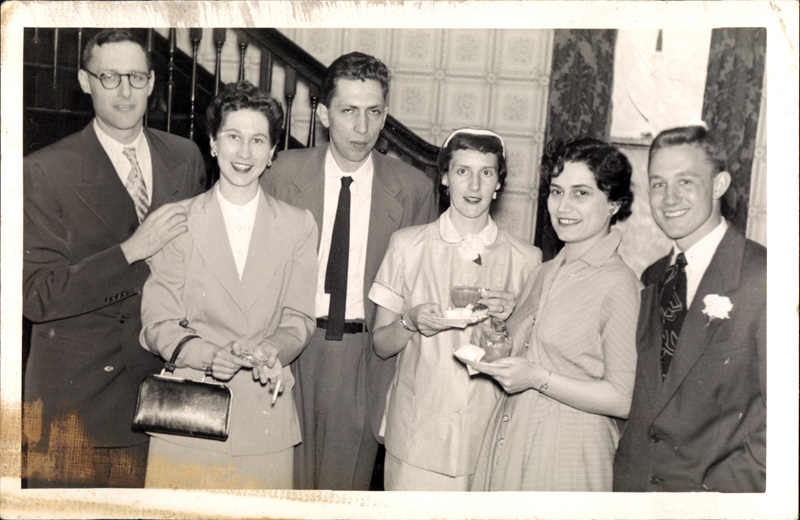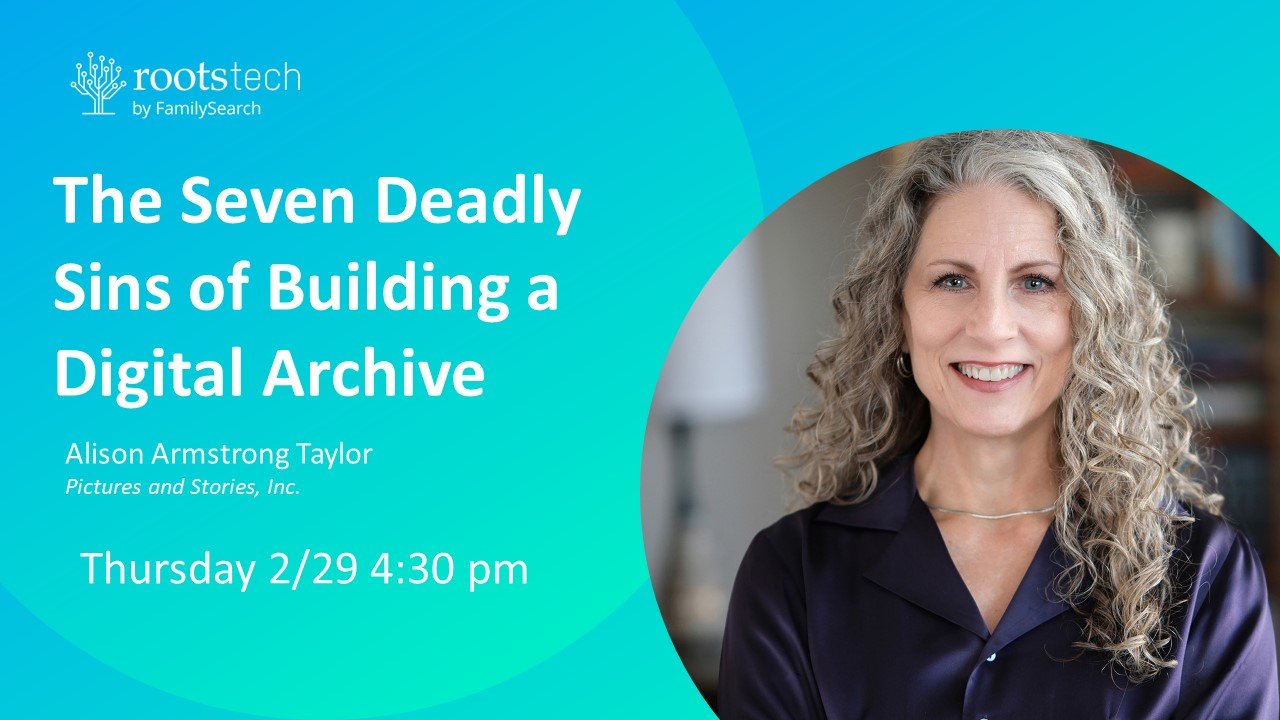This week I read a lovely conclusion to an autobiography written by our client John W. Bailey. It was so eloquent and profound that I asked him for permission to share a quote:
“One might very well say, “What possible impact have I had?” My life has never been in the forefront of society. Nothing has marked my path that cannot seemingly be erased by the passage of a very short period of time. Who would care to read of my exploits, when they themselves have likely had experiences of equal or greater consequence?...
”There lies within each of us the potential for greatness. This I sincerely believe. If our lives do not produce greatness, then perhaps the record of one’s life can at least inspire greatness in those who witness or read of our lives.”
Well said, John. You have no idea how one story from your life might "inspire greatness" in another, now, or a hundred years from now. Has a story left behind by an ancestor inspired you in some way? Then perhaps a story from your life can inspire another.
Today we wanted to draw your attention to a terrific blog post from the New York Public Library by Carmen Nigro, 20 Reasons Why You Should Write Your Family History. For each reason cited, there is a link to another publication on writing family history that could be helpful. Here, in list form, are the 20 reasons listed by the author. (For more explanation and supporting links for each one, see the original article here.
You’ll feel wiser.
First person narratives and family histories are important historical documents.
You are an important person. You have things to pass on, to your children, to your local history society, to unknown future generations
You and your family are important to somebody, probably many somebodies.
Family trees are abstract. Stories add depth.
Memories over time become fragmented and distorted. People may not remember the things you told them but did not write down.
Writing your family history gives you the chance to depict your ancestors how you see fit.
There is a need for diverse family histories about those who have not been represented well in history texts.
There is a need for more family histories documenting female lines.
There is a need for more family histories about families who are not affluent.
Family histories humanize the people you know or knew and remember for those who did not know them.
Information raises questions. Genealogy research has brought new facts into your life.
It may help you understand your current family dynamics.
It will help you build or solidify a sense of family.
Writing is reflective. Writing is investing in yourself.
It can be therapeutic.
Don’t take for granted that the lives of your ancestors are lost. Evidence of the people they have been exists somewhere and is discoverable.
It will have a wider impact than you might imagine.
Family members and even distant cousins may become more forward in contributing documents, photos, and stories for your genealogical research.
You will be encouraged to archive and preserve the documents on which your family history research is based: certificates, letters, diaries, etc.



